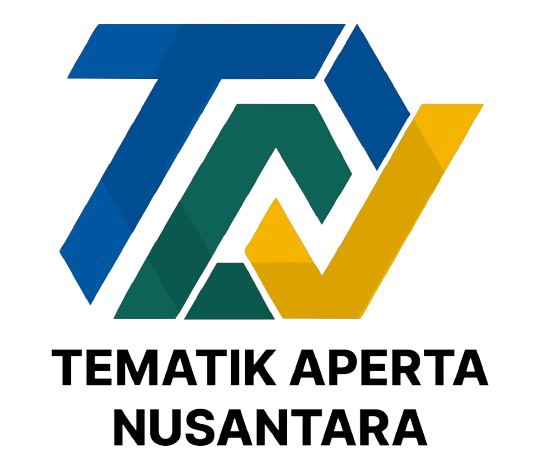Publication Ethics
1. Authorship and Collaboration
Authorship should be limited to those who have made significant contributions to the conception, design, execution, or interpretation of the research study.
All listed authors should have participated sufficiently in the work to take public responsibility for the content.
All contributors who do not meet the criteria for authorship should be acknowledged in the Acknowledgments section.
2. Originality and Plagiarism
Authors should ensure that their work is entirely original, and if the work and/or words of others are used, proper citation is provided.
Plagiarism, in any form, is considered unethical and unacceptable.
3. Data and Results
Authors should present an accurate account of the work performed and the results obtained. Data manipulation and fabrication are unethical practices.
Raw data should be retained for a reasonable time after publication for review if necessary.
4. Author's Responsibilities
Authors must disclose all financial or other substantive conflicts of interest that may be construed to influence the results or interpretation of their manuscript.
Authors should provide retractions or corrections of mistakes.
5. Peer Review
Journals should have a transparent peer-review process. Editors and reviewers should evaluate manuscripts based on content without regard to race, gender, sexual orientation, religious beliefs, ethnic origin, citizenship, or political philosophy of the authors.
6. Editorial Responsibilities
Editors have the responsibility to maintain the integrity of the academic record, preclude business needs from compromising intellectual standards, and always be willing to publish corrections, clarifications, retractions, and apologies when needed.
7. Copyright and Access
Authors should ensure they have the right to reproduce any material in their articles. Open access policies should be clearly stated.
8. Conflicts of Interest
Editors, authors, and reviewers should disclose any conflicts of interest that might interfere with the publication of a manuscript.
9. Handling of Unethical Behavior
Editors should take responsive measures when ethical concerns are raised about a submitted manuscript or published paper.
10. Compliance with Ethical Standards
Authors, editors, and reviewers should adhere to the highest ethical standards and promote good practices in scholarly publishing.
These guidelines are intended to ensure the highest ethical standards in the publication process and to maintain the credibility and integrity of the journal. Authors, reviewers, and editors are encouraged to follow and uphold these principles. Violations of these guidelines may result in corrective actions, including retractions or rejection of the manuscript.







